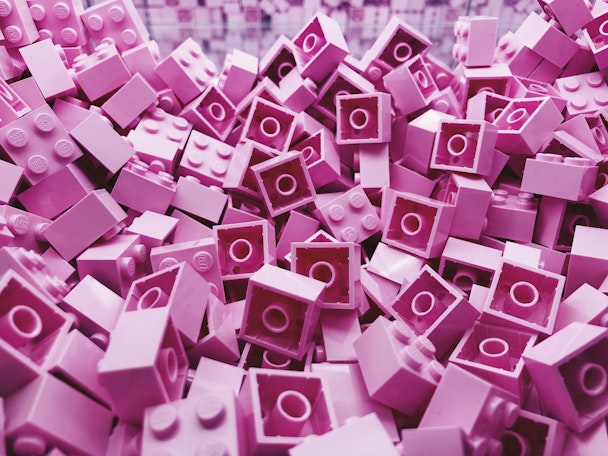Are ‘creative agencies’ killing creativity?
Have we lost the true meaning of creativity? Nick Horne of agency True proposes marketers rethink the term ‘creative agency’, for creativity’s sake.

Creatives aren't challenging themselves enough, according to True's Nick Horne / Ryan Quintal
When I say that creative agencies are killing creativity, don’t get me wrong. I’m not trying to set up an all-out war with particular agencies. It’s not about agencies that fall into the ‘creative’ category per se. It’s the term ‘creative agency’ itself.
It’s a conceit invented to save the ‘ad’ agencies of old from crumbling under the up-surge of digital. In theory, it moved them away from being the TV agency in the mind of marketers, allowing them to maintain a bigger piece of the pie.
Likewise ‘smart marketing’: for some it’s a fair title, but for others it’s been a mask. An excuse to pitch the ‘we do digital, too’ idea when really, they’re creating a 15-second cut-down for social because digital is a loss leader to the bit they really want, the 60-second TV or cinema ad.
What does it mean to be creative?
The term was invented at a time when the more interesting and creative work was happening in non-traditional media. And so, a land grab was made on the ownership of creativity. As a result, every other media channel now seems to operate in service of proving the value of those big shoots.
Print and radio have become devalued and frequently lacking creativity. The industry has created an environment where budgets and effort are being funneled so much to one medium or production that we’re tying our hands and cutting off huge opportunities for brands to shine.
Digital has all too often been demoted to basic social cut-downs of the 60-second film, with little consideration of how well it suits the behavior of that channel.
I’m not going to decry TV as a medium, and I’m not going to argue against the many cases made over recent years for the value of brand building or fame, and the contribution TV makes to that.
It’s important that we stick to the true meaning of creativity. As Paul Feldwick put it, it's “the artistry and skills that make things popular and distinctive” and not “innovation or originality for its own sake”. But, nor is it the sole pursuit of one type of agency, and one form of creativity from very singular minds.
It’s important that we stretch to find (or craft) the new whether that’s in film or other mediums. The problem is that, currently, it feels like some creatives start with 'where would we like to shoot next?' and not 'what’s the idea?'. Where there is an idea there sometimes seems to be little challenge as to 'how do we express this best?'.
There are plenty of examples where digital- or experiential-first ideas have created huge fame. They were admittedly fewer and further between, but we never harnessed and made repeatable those instances before resorting back to the safety of the old proven mediums.
The problem
Big networks have gone on to hoover up creatives from a broader more diverse creative background but then create a culture where those creatives are also drawn toward writing the big scripts, they’re rewarded more for that, and it’s held in higher regard.
It shouldn’t be down to the creative teams to fight to broaden the output; that’s the role of agency leadership and the clients. The direction and brief from the start should be to look in every corner to unearth ideas.
I spoke to one senior creative who had recently left a big network and was excited at the opportunity to “do different stuff”; to not be hemmed in by this culture. On one hand, it’s a symptom of the creative drain. But on the other it’s wildly damning of the industry’s standards. Creatives used to leave agencyland when they couldn’t live up to its demands anymore, not the other way around.
It's also in part the power dynamic created by the term 'creative agency'. Ownership of creativity by a small, core group whose interest is really in a limited range of mediums will always create a conflict of interest.
The solution
It's more important than ever both for the retention of creative minds and also for the creation of the best work that we re-introduce tension in the industry, and that clients demand it. Not fewer/larger networks taking up the larger share of budget, but more open and equal bites at creativity, agencies encouraged to challenge each other. Helping make us think more broadly and freer. Ultimately, creative minds with a focus once again on idea first before medium.
And there’s the crux: ideas should own the title 'creativity'. Not companies, not media channels; ideas. And competition for the best idea is the only healthy way.
Content by The Drum Network member:

true
19 years ago true was founded with the aim of being different; straight-talking, to the point, focussed on delivering long-term growth, not through chat, but through...
Find out more
